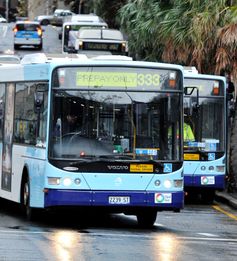Australian Treasury Secretary Sheds Light on ‘National Interest’ Definition
In making a preliminary decision on the sale of S. Kidman & Co to a Chinese consortium, the Treasurer Scott Morrison has shed some light on what the government defines as being in the “national interest”. He describes the Chinese bid as being contrary to Australia’s national interest, because:




